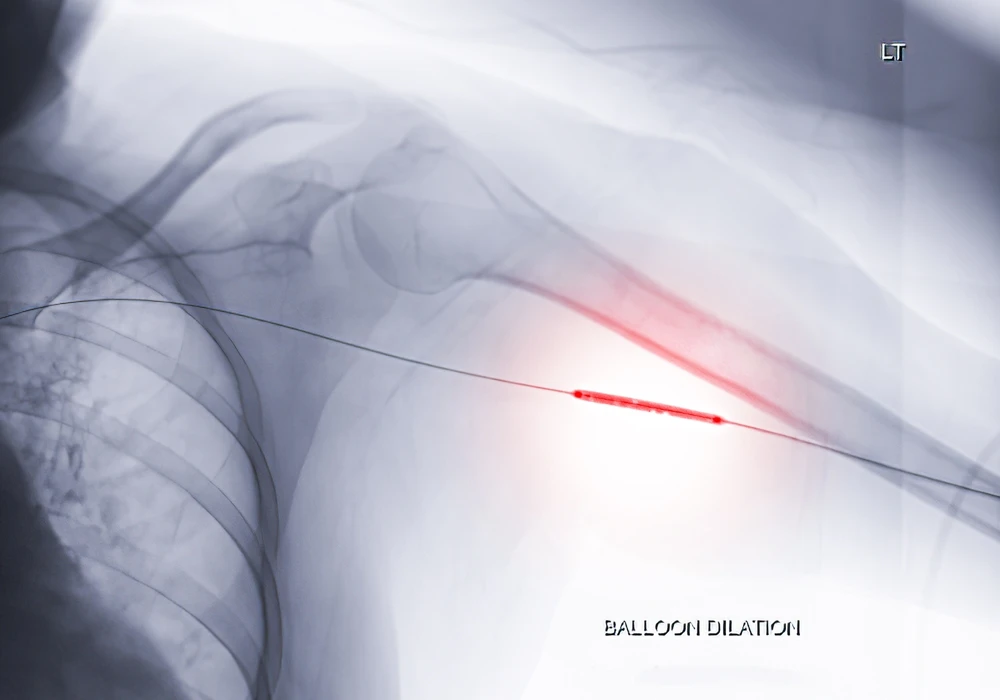
Cholesterol is a waxy substance used by all cells of your body to keep you healthy. It is carried through the body with the help of proteins in your blood. Proteins are generally substances that do most of the work for the cells and keep the body’s tissues and organs working as they should. Cholesterol generally enters your body through the food you eat. Too much cholesterol in the body can result in your body developing heart disease.
Types of Cholesterol:
Cholesterol can be further divided into two types:
- High-density lipoprotein
- Low-density lipoprotein
High-Density Lipoprotein:
High-density lipoprotein is also known as good cholesterol. It generally helps to get rid of bad cholesterol from your blood by getting it to your liver, where it is broken down and removed from the body.
Low-Density Lipoprotein:
Low-density lipoprotein is known as bad cholesterol. Too much LDL can lead to the building of fatty deposits inside the walls of blood vessels. This builds up and narrows blood vessels, increasing the risk of a heart attack or stroke.
What Heart Problems are Associated with High Cholesterol Levels:
Medical problems and cholesterol are closely related. High cholesterol is mostly responsible for heart and medical problems like atherosclerosis. Here we will discuss all conditions that affect cholesterol levels. These include:
- Chronic kidney disease: Patients with chronic kidney disease face a higher risk of developing coronary artery disease. This disease is responsible for the buildup of plaque in the arteries. Chronic kidney disease stops your body from producing good cholesterol and produces harmful cholesterol in your body that causes harm.
- HIV: Individuals suffering from HIV are more likely to develop problems like heart attacks and strokes. The risk of this problem is mainly increased due to the medicines prescribed for treating this condition. The research now suggests the risk of heart problems is mostly increased due to the person’s immune system.
- Thyroid disease: Having a thyroid problem can affect your cholesterol levels. The thyroid hormone affects how your body processes fat. Recent research suggests that thyroid disease can cause heart problems unrelated to cholesterol and plaque buildup. This type of thyroid buildup can raise a person’s risk of heart failure.
- Lupus: Patients suffering from lupus develop a higher level of bad cholesterol, which results in the development of coronary artery disease. Lupus causes your body to get into a state of chronic inflammation that leads to plaque buildup in arteries.
- Polycystic ovary syndrome: People with PCOS face a higher risk of heart disease. This risk increases with age. PCOS raises the risk of developing heart problems, including diabetes and high blood pressure. PCOS patients usually have high bad cholesterol and lower good cholesterol level.
- Diabetes: Being diabetic doubles your risk of developing coronary and peripheral artery disease. Diabetes increases the quantity of bad cholesterol in your blood while decreasing the good cholesterol. This subsequently results in plaque buildup in your heart.
How it Affects Cholesterol Levels in Your Body:
There are a variety of factors that are responsible for the increase and decrease in your cholesterol levels. These include:
- Diet: Having saturated fats, trans fats, carbohydrates, and cholesterol in food can increase your cholesterol levels. Patients are required to lower the amount of saturated and trans fat in their diet and focus on increasing fiber intake in their diet.
- Weight: Weight can act as a risk factor for heart disease, and it can also increase cholesterol. Losing weight can help lower bad cholesterol and raise good cholesterol, which is beneficial for your heart health.
- Exercise: Regular exercises keep your good cholesterol activated. It is therefore recommended to exercise or stay physically active for at least thirty minutes every day.
- Age and gender: Cholesterol levels rise in the body with age. Women’s cholesterol usually rises after menopause. No time is set for men for an increase in cholesterol levels.
- Heredity: Cholesterol can run in your genes. If there is a family history of cholesterol, then you are likely to be affected.
- Medicines: Some medicines are also responsible for increasing bad cholesterol and reducing good cholesterol in the body. So, patients should see to it and avoid it when needed.
Conclusion:
High levels of cholesterol can lead to various heart risks, including heart disease and stroke. It is important to maintain healthy cholesterol levels by making lifestyle changes such as eating a balanced diet, exercising regularly, and avoiding smoking and alcohol consumption. In some cases, medicines may be necessary to manage cholesterol levels. At Heart Experts of Florida, our doctors strive to provide you with the best guidance and treatment to manage your cholesterol effectively and stay healthy.




